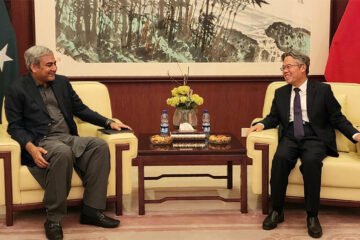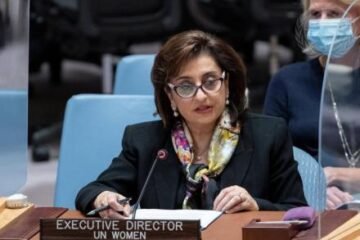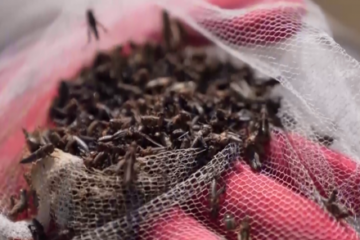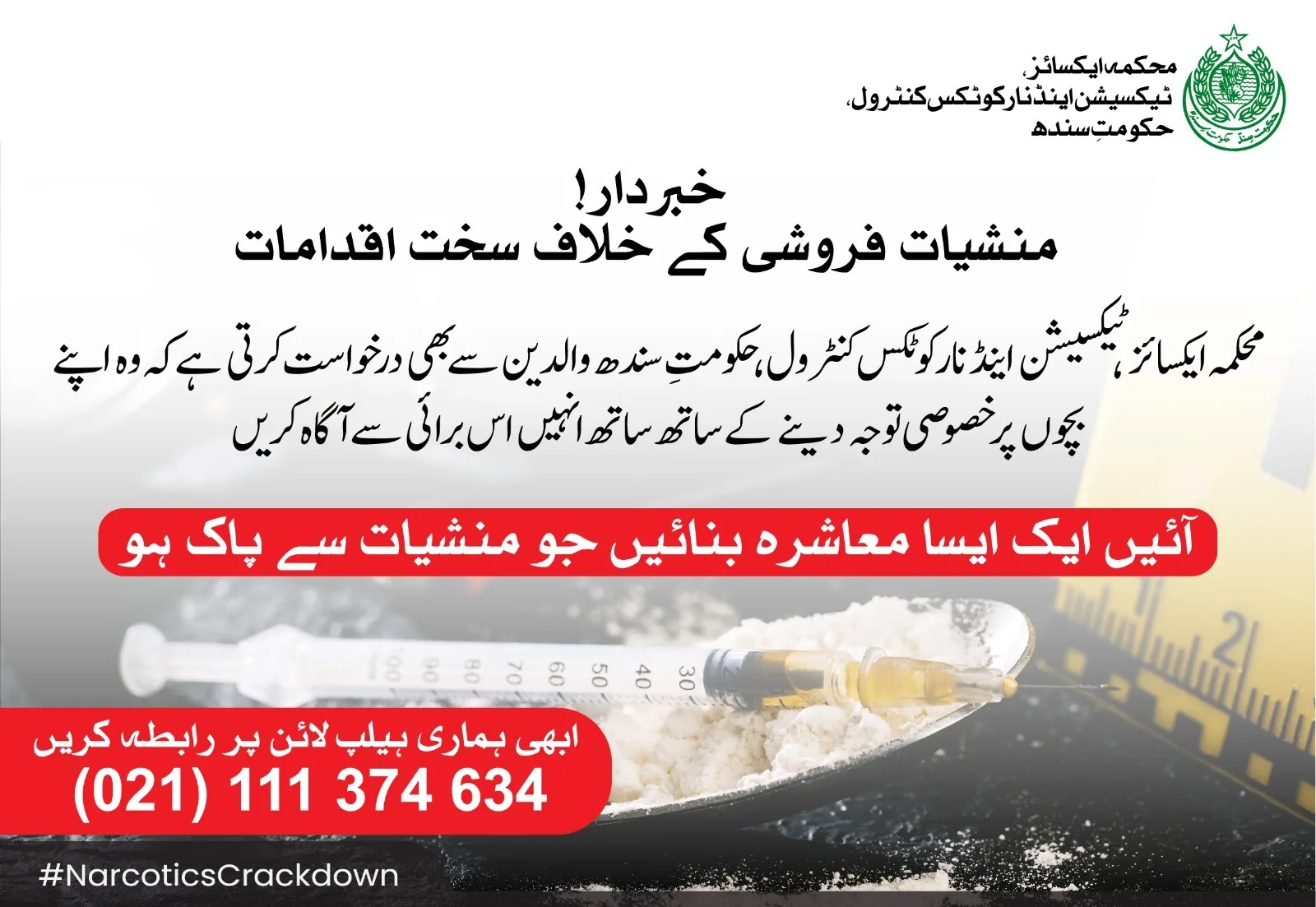Tunisia: Turmoil continues as president sacks more officials

July 29, 2021: Tunisia has lurched further into political uncertainty after President Kais Saied dismissed more officials, just days after he sacked the prime minister, froze Parliament and assumed executive powers.
After suspending the Tunisian Parliament and sacking Prime Minister Hichem Mechichi on Sunday, and firing the defence and justice ministers a day later, Saied ordered the dismissal of several top officials late on Tuesday.
A former law lecturer and political newcomer who won a landslide victory in the 2019 presidential election, the 63-year-old president has ordered the removal of a long list of senior government officials, including the army’s chief prosecutor.
On Wednesday, he fired the CEO of the national television channel Watania. In addition, he has removed the parliamentary immunity of legislators and retained judicial powers. He also ordered an investigation into three political parties suspected of receiving foreign funds before the 2019 elections.
Key civil society groups have warned in a joint statement against any “illegal” extension of the 30-day suspension of parliament, and called for a timeline for political action.
The president claims that $5 billion had been looted from Tunisia through various sources.
Sam Kimball, a reporter for Al Jazeera in Tunisia said, “He says he’s got a list of several hundred people who are accused of looting the country’s wealth, those largely being politicians and members of parliament whose immunity he removed on Sunday night,” Kimball said. “He [Saied] said the country is not a beggar country and deserves a better future.”
Kimball said the president’s actions appear to be a move to reassure “skeptics of the extreme measures” taken over the past several days.
The president said his actions were legitimate under the constitution, which allows the head of state to take “indefinite extraordinary measures” in the event of an “imminent threat”.
At the height of the political turmoil, Tunisia is reeling from a recessionary economic crisis, which includes inflation and high unemployment, as well as major COVID-19 infections.
The Ennahda Party, the largest faction in the coalition government, has labeled the president’s move a “coup”, while the United States, the European Union and other powers have expressed grave concern.
Following the escalation of tensions, the Tunisian prosecutor’s office announced on Wednesday that the judiciary had launched an investigation into allegations that Ennahda and two other political parties of Tunisia had received illegal funding before the 2019 elections.
Mohsen Dali, a spokesman for the prosecution, said the judiciary’s financial arm launched an investigation on July 14, focusing on “foreign funding and acceptance of funds of unknown origin.”
Saeid, an educationist who has said he is committed to revolutionizing the political system by changing the law, said he would assume executive power with the help of a government headed by himself.
Tunisia’s young democracy was often cited as the only success story of the Arab Spring, an uprising that turned the region around in late 2010 that originated in Tunisia.
A decade later, many in the 12 million population of Tunisia say they have seen little improvement in living standards, and are outraged by the long political stalemate over in class fighting in the elite circles.
The sacked government was also criticized for dealing poorly with the COVID 19 pandemic, with nearly 579,000 cases and more than 19,000 deaths in the country.
Stay tuned to BaaghiTV for latest news and Updates!
Sydney police call for military to enforce lockdown
Global Coronavirus Deaths Jumped by 21 Percent in Past Week: WHO
China expects Taliban to play ‘important’ role for peace in Afghanistan
PM Imran Khan: Pakistan is not Taliban spokesperson and is not responsible for the group












